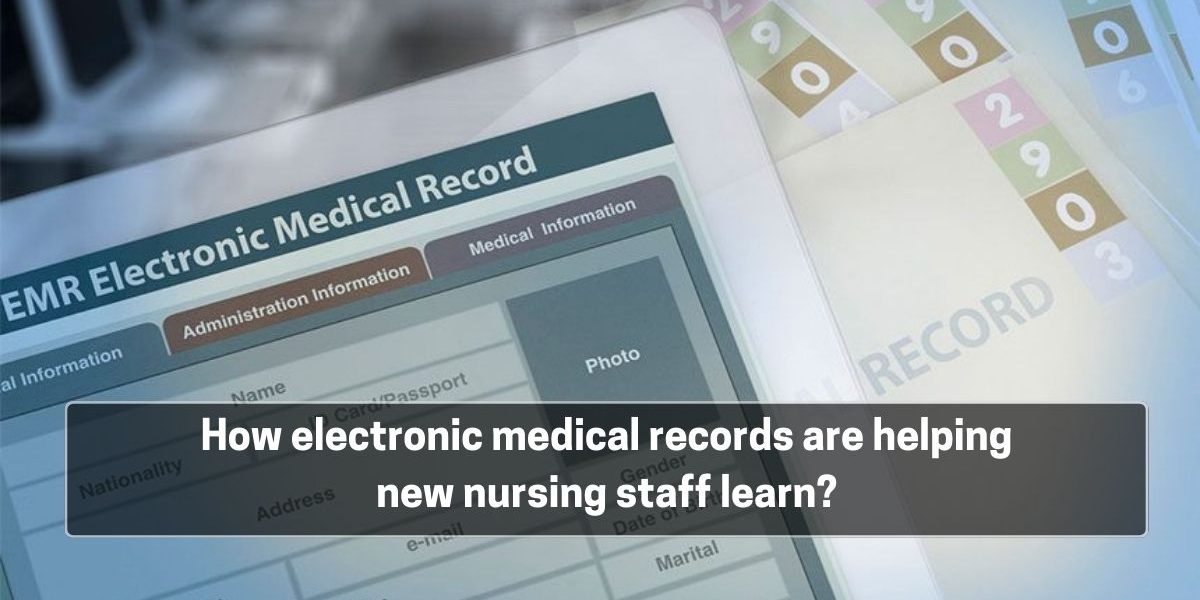New nursing staff must quickly grasp their duties since there is little room for errors in their job. This includes swiftly learning about individual patients, their medication schedules, and specific medical histories. Remembering all this information can be challenging and may lead to medication errors. Electronic medical records (EMR) can significantly reduce this mental burden for new nursing staff. Here, we explore some of the ways EMRs for nursing homes facilitate learning.
- Access to comprehensive patient information:
EMRs provide detailed and comprehensive access to patient records, including medication history, allergies, diagnoses, and more. New nursing home staff members can use this database to quickly get up to speed and understand the specific medical conditions patients are suffering from. They can also use the records system to learn about individual care plans. This empowers them to make well-informed medical decisions.
- Support for clinical decision-making:
EMRs often feature systems that support critical clinical decisions. They can provide alerts and notifications to nursing home staff, reminding them of potential drug interactions, important tasks, and more. This is especially beneficial for new nursing staff as it helps them make informed decisions while adhering to safety guidelines consistently.
- Learning opportunities through data analysis:
EMRs contain a wealth of information on each patient, from medical histories to allergy data and past diagnoses. By analysing past trends, nursing staff can understand more about predictive measures to ensure a higher quality of care for patients. Data analysis can also enhance the proficiency of new staff members as medical professionals.
- Streamlined communication:
Healthcare is a highly collaborative field, and EMRs help nursing staff communicate with other team members as needed. These systems typically include specialised messaging tools, enabling seamless communication between nurses, doctors, pharmacists, and others. Consistent communication among healthcare professionals is essential for the continuous learning and development of new staff members.
- Training modules:
EMR systems also incorporate special training and simulation modules to help new nursing team members quickly familiarise themselves with the software. Increased proficiency helps the nursing staff to use EMRs effectively.
EMR systems often include components like eMAR for medication administration. They are digital systems used by healthcare facilities, such as hospitals and long-term care facilities, to manage and document the administration of medications to patients. eMARs help ensure the safe and accurate administration of medications by healthcare providers and nurses. To know more, book a demo today.







